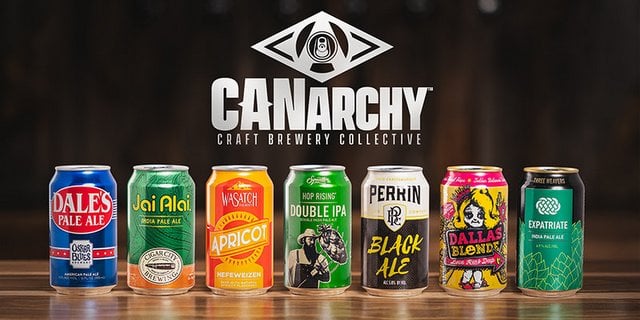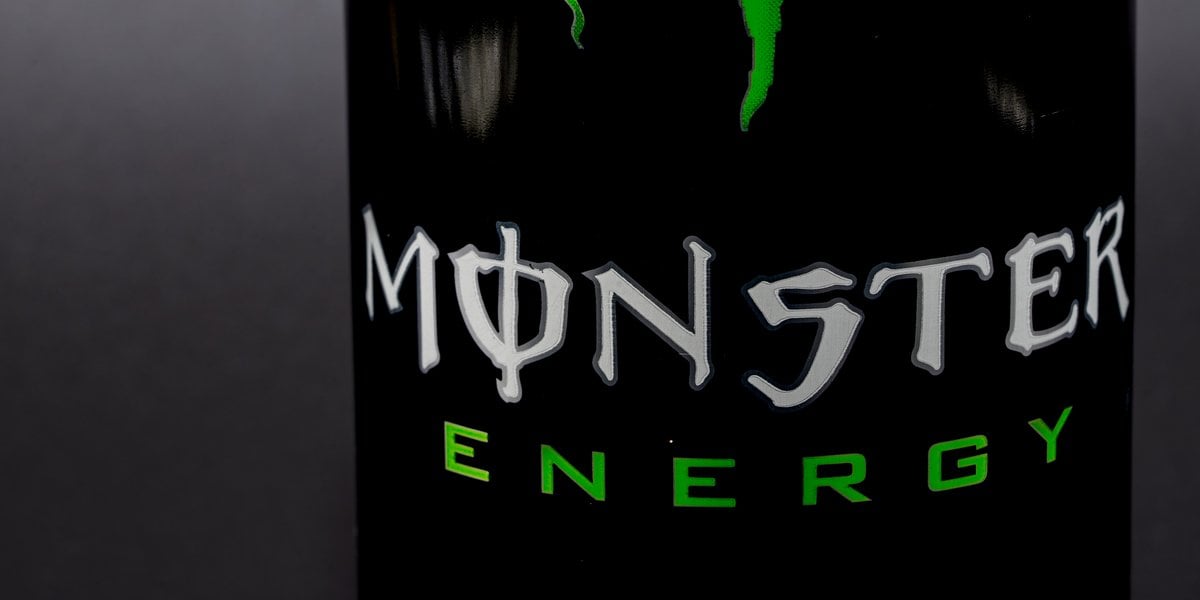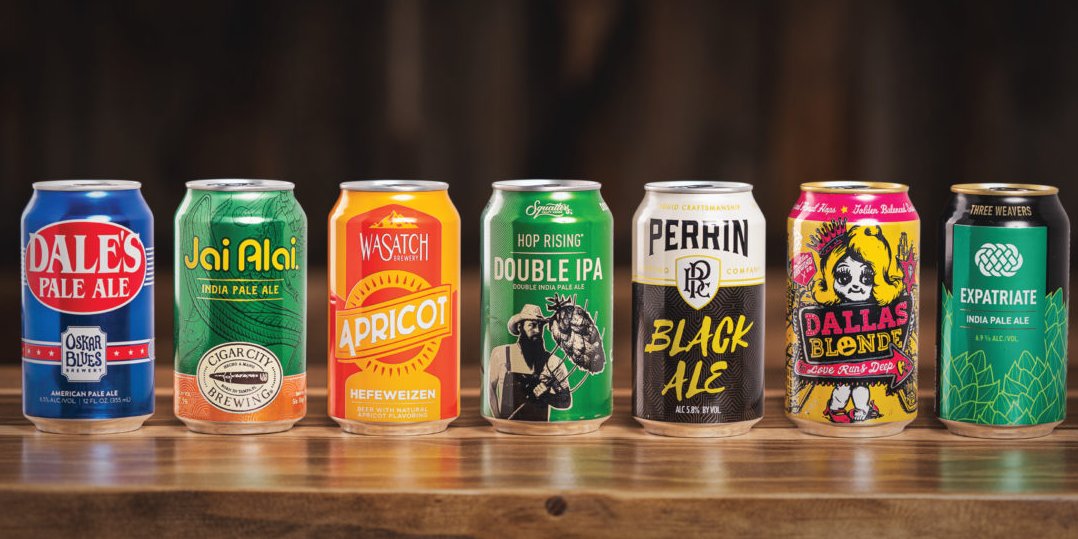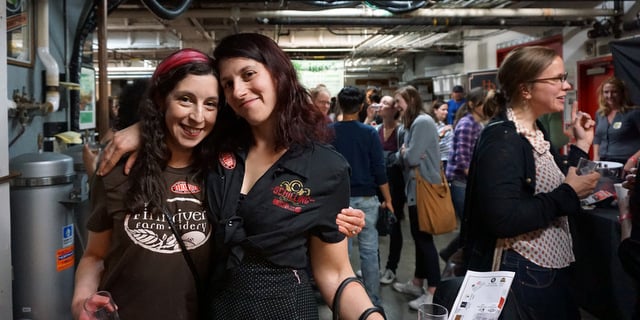
Do beer nerds still get miffed when they hear about a big craft brewery selling out? It sounds like a philosophical thought experiment. If a tree falls in a forest and no one is around to hear it, does it make a sound? The answer is probably yes to both, but what the heck even defines a craft brewery? To us in the press apparently, a trade organization’s membership definition. This definition, which has changed and evolved over the years, has been a point of great contention among the internet, because what else are we going to talk about?
Last week, there were a number of craft beer transactions, but the big one heard Monster Beverage Corp. announcing it was going to acquire CANarchy Craft Brewery Collective for $330 million in cash. CANarchy owns beer brands such as Cigar City, Oskar Blues, Deep Ellum, Perrin Brewing, Squatters and Wasatch, and the company ranked No. 6 on the Brewers Association Top 50 Craft Brewing Companies for 2020, based on beer sales volume. Outlets across the internet had first noted this transaction will no longer make CANarchy a craft brewery by the BA’s definition. Not so!
Shortly after the announcement, the BA sent out a statement:
The Brewers Association (BA) is aware of CANarchy Craft Brewery Collective’s pending sale to Monster Beverage. Based on our current information, CANarchy meets the Brewers Association’s craft brewer definition under the ownership of Monster Energy as presently constituted. In this instance, Monster is not a beverage alcohol industry member, so this new ownership structure does not affect CANarchy’s independence in regard to the beverage alcohol industry. The Brewers Association defines small and independent craft brewers as:
Small: Annual production of 6 million barrels of beer or less (approximately 3 percent of U.S. annual sales). Beer production is attributed to a brewer according to rules of alternating proprietorships.
Independent: Less than 25 percent of the craft brewery is owned or controlled (or equivalent economic interest) by a beverage alcohol industry member that is not itself a craft brewer.
Brewer: Has a TTB Brewer’s Notice and makes beer.
These are not small companies. CANarchy is a collective of craft breweries backed by Fireman Capital Partners, a private equity firm helmed by former bigwigs at Reebok. The company has 16 pubs and taprooms around the country and eight manufacturing locations. It’s a pretty big and diverse beast. For the last couple of years, the collective has shared growth reports. Last Feb’s CANarchy report (the latest we have), noted:
Sales to wholesale (STW) jumped from 480,000 barrels in 2019 to 490,000 in 2020, an increase of 10,000 barrels, or 2%. The collective also grew sales to retail (STR) at a rate greater than shipments at 5%, indicating that velocity at retail was strong. 2020 saw the following developments in $ trend for IRI scan data for Total U.S. Multi-Outlet and Convenience:
An increase within CANarchy’s beer portfolio of 18%, outperforming total craft trends of +9%
An increase of 33% when factoring in incremental hard seltzer brand growth
All CANarchy breweries up YTD compared to 2019
Cigar City Brewing increased 27%
Oskar Blues Brewery increased 53% including seltzer
Three Weavers Brewing Company increased 67%
Strong performance in home markets, including Florida, Texas, North Carolina, Colorado, Utah, Michigan and Southern California
A lot has happened since that report, including a pandemic, seltzer softening and Three Weavers Brewing reaching an agreement with CANarchy for the founder and new investors to take back the brand.
Monster Beverage Corp. is a holding company for a variety of global beverage brands from Monster Energy to Juice Monster Energy to Java Monster to Espresso Monster to Rehab Monster to Monster Hydro Energy Water to various other Monster or non-Monster energy drink brands like Relentless or Power Play. According to Monster Beverage’s 2021 third quarter financial results, net sales for the company in 2021 third quarter increased 13.2 percent to $1.41 billion from $1.25 billion in the same period last year. From that same report: As of September 30, 2021, Monster had $1.71 billion in cash and cash equivalents, $1.22 billion in short-term investments and $28.3 million in long-term investments.
Soon, Monster will be a craft brewer. Well, at least by that definition above.





Leslie Chasse says
i think after all these years we’ve gotten to the point that we expect any successful brewer will eventually want to grab the brass ring. Fortunately, there are plenty of others who haven’t reached that point yet.
How many hyper local brewers with just one small pub do you have in your area?